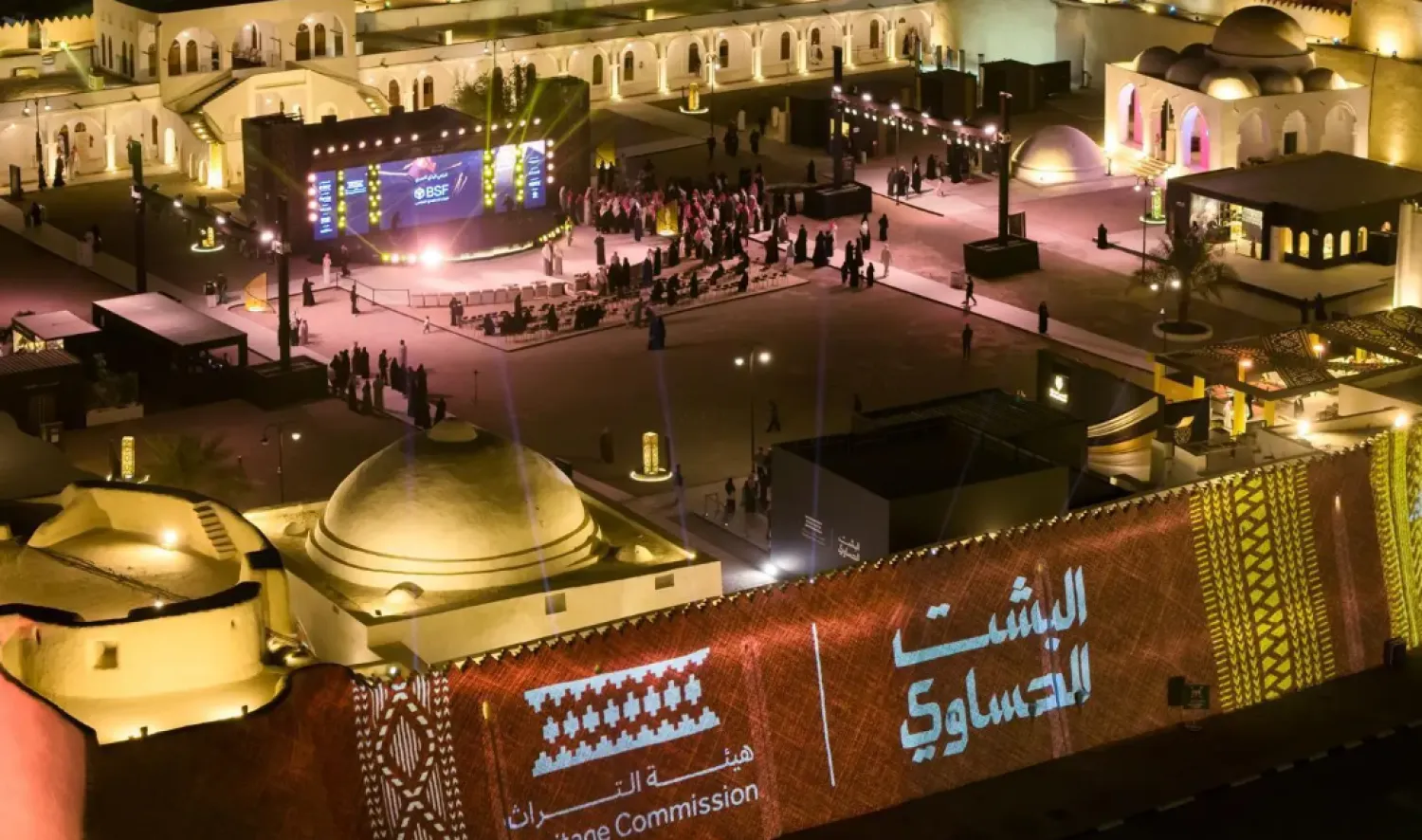Some call him the first founder of sociology, and some say his thoughts belong to the 20th century despite that he lived in the 14th century. In his books, he focused on the rules of human settlement, and this is why he was called the founder of the Ekistics science. Ibn Khaldun deciphered the concepts of crowd psychology, tribalism, and the stages of state collapse. He was one of the greatest developers of political thinking, given his contributions to the philosophy of history and political systems.
This is Ibn Khaldun who still inspires people around the world and prompts many to write about him. The latest publication on the famous philosopher is a French book dubbed "Ibn Khaldun and his Readers" by Ahmed Abdul Salam, which has also been translated into Arabic by Al-Sadek al-Misawi, and recently published by The Tunisian Academy of Sciences, Letters and Arts "Beït al-Hikma".
In the abstract, Abdul Salam said his book includes a number of lectures he delivered at the Collège de France, which he believes they contribute to the revival of the diverse Kaldunian studies and their content of philosophic expressions, sociology terms, and historic vocabulary. Hence, the study of Ibn Khaldun's works required different scientific readings, and various ideological approaches adopted in the advanced orientalist studies that link his works to sociology or to the philosophy of history.
The Khaldunian thinking has contributed to the emergence of many schools like the Khaldunian Madhab led by Hajji Khalifa in Turkey. European orientalists have also looked at Ibn Khaldun's "Muqaddimah" after "they noticed similarity between its content and the thoughts of leading figures from the Age of Enlightment like Montesquieu."
This is why Joseph von Hammer-Purgstall referred to Ibn Khaldun as "Montesquieu of the Arabs", and others called him "Montesquieu of the East."
Ahmed Abdul Salam explains that the interest in Ibn Khaldun was not limited to historians studying the Ekistics causes, but he was also studied in many papers and dissertations, such as the publications of the Austrian Philosopher Friedrich August von Hayek who was astonished by the thoroughness of Ibn Khaldun's theses in the political and social fields.
According to Abdul Salam, the comparative criticism between Ibn Khaldun and the greatest western philosophers was the main reason behind the interest of European orientalists in the Muqaddimah writer.
For instance, the Sweden orientalist Jacob Graber compared Ibn Khaldun to Machiavelli, confirming the influence of the Khaldunian thinking on the prince's companion. he European orientalists' interest in Ibn Khaldun also appears in the translation of the Muqaddimah into several international languages including French by Baron de Slane.
Those are the different readings and readers of Ibn Khaldun on various ideological, epistemological, and contextual levels; no one can doubt the eligibility of each reading, even Ibn Khaldun himself, because the text belongs to the reader as long as he has the required knowledge tools.
The Muqaddimah includes some philosophic reflections, even if some readers denied them. Some sees Ibn Khaldum's understanding of Ekistics as a field of sociological research, while others classifies it under other knowledge contexts.









